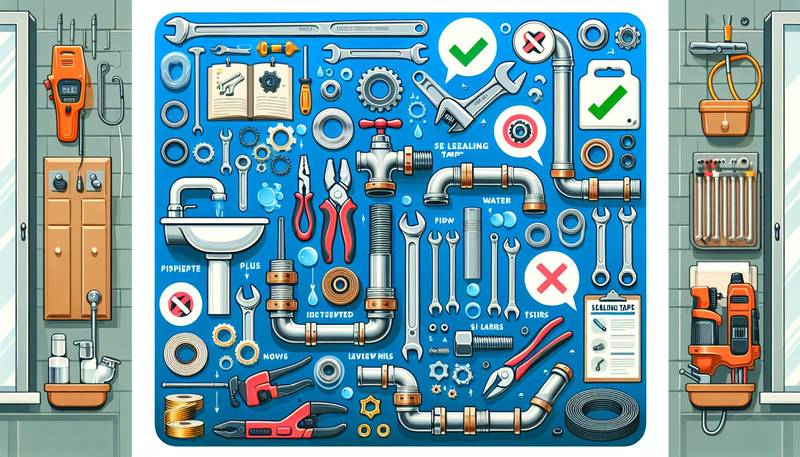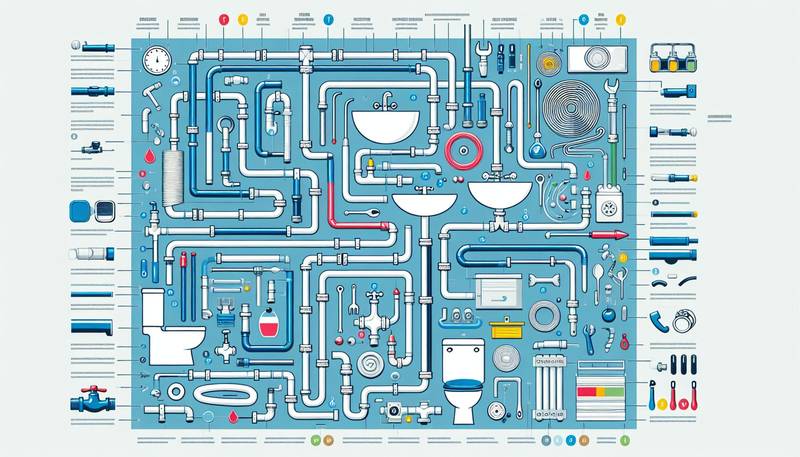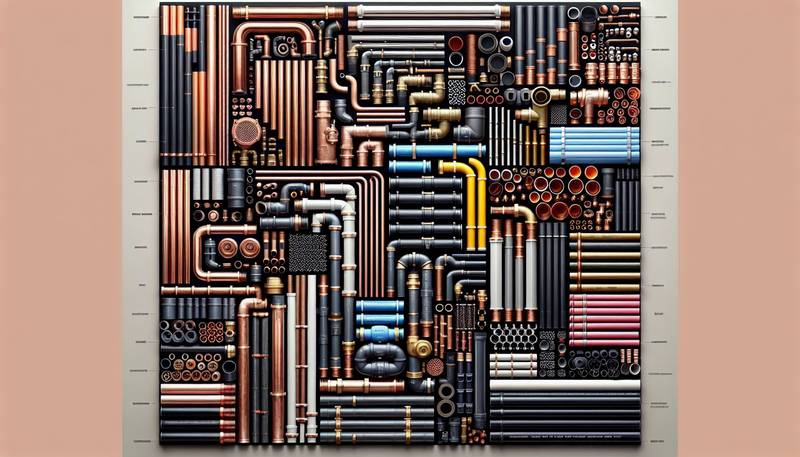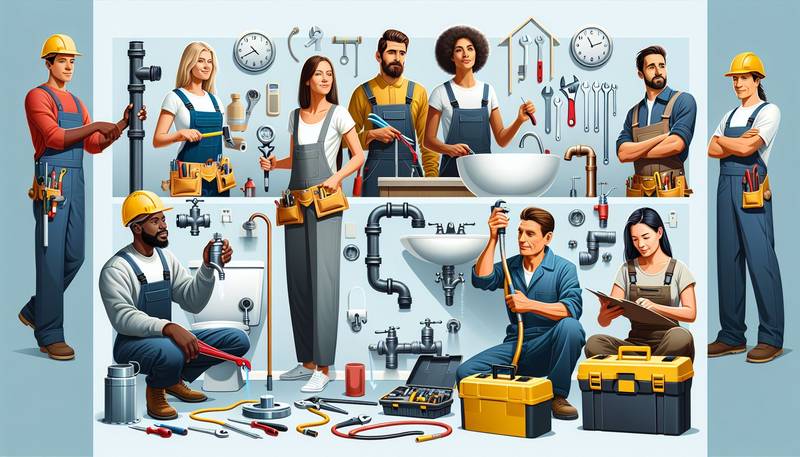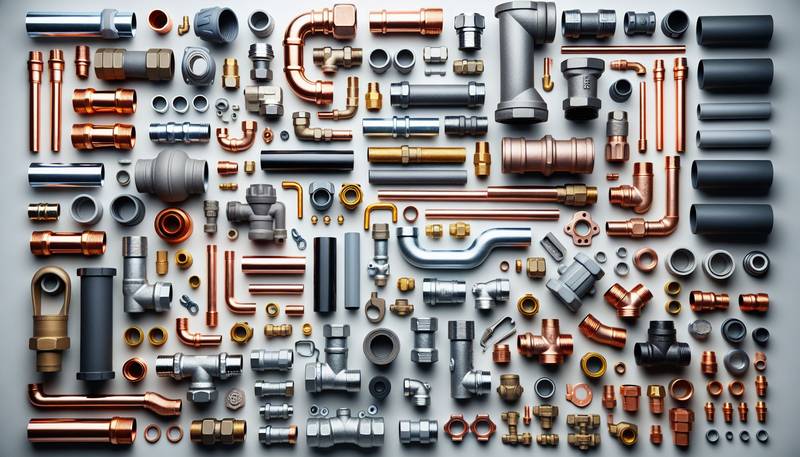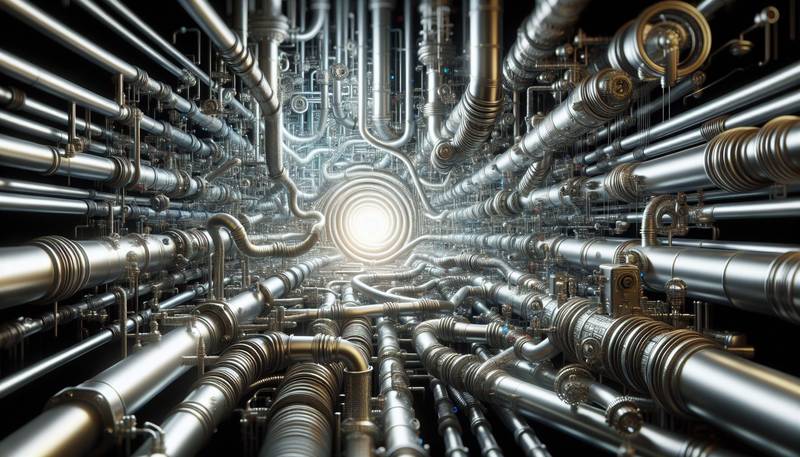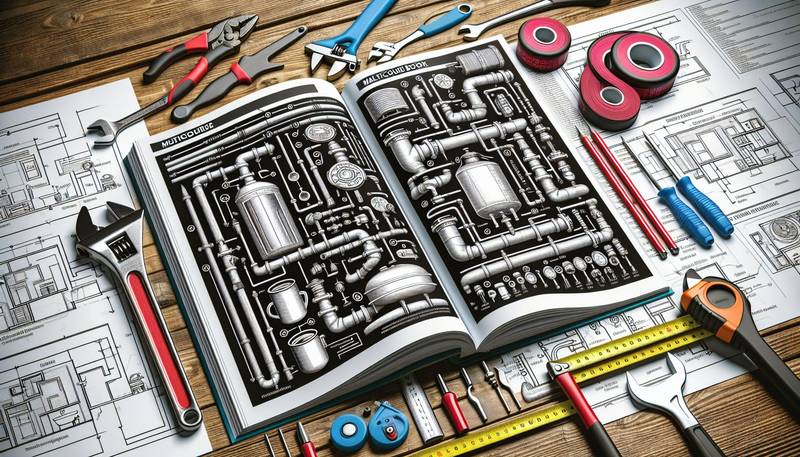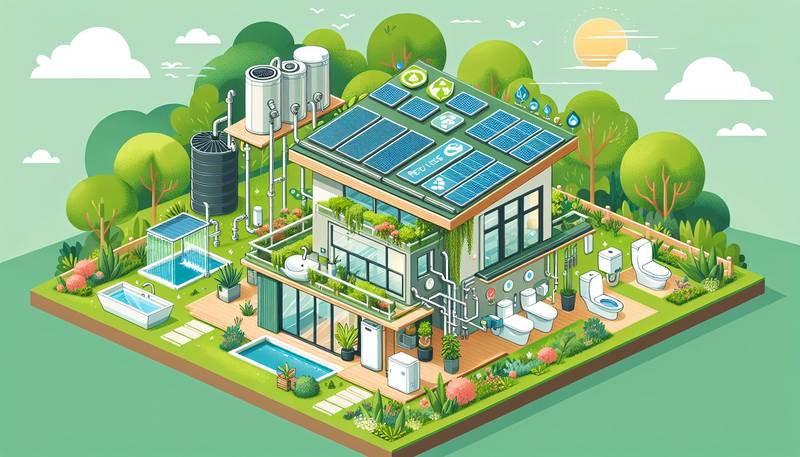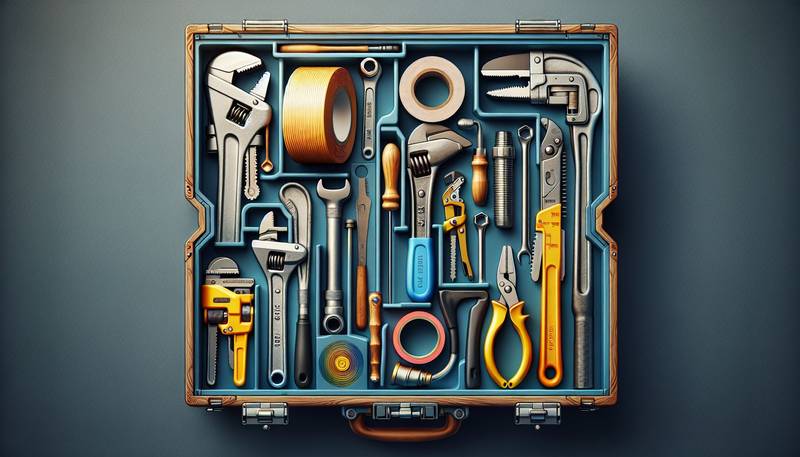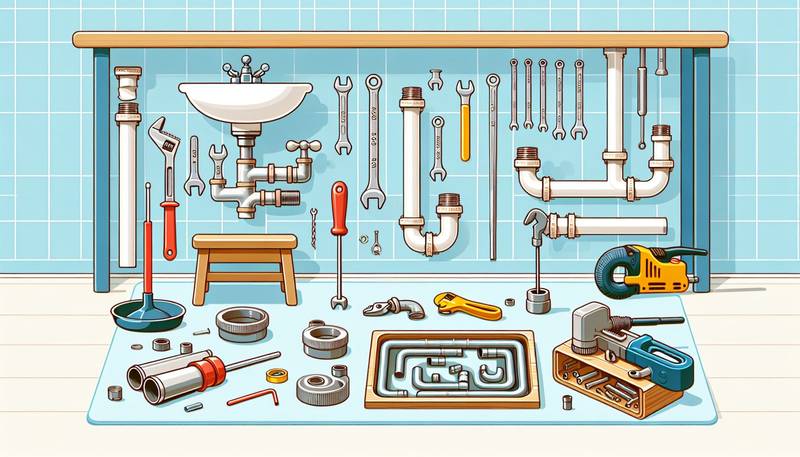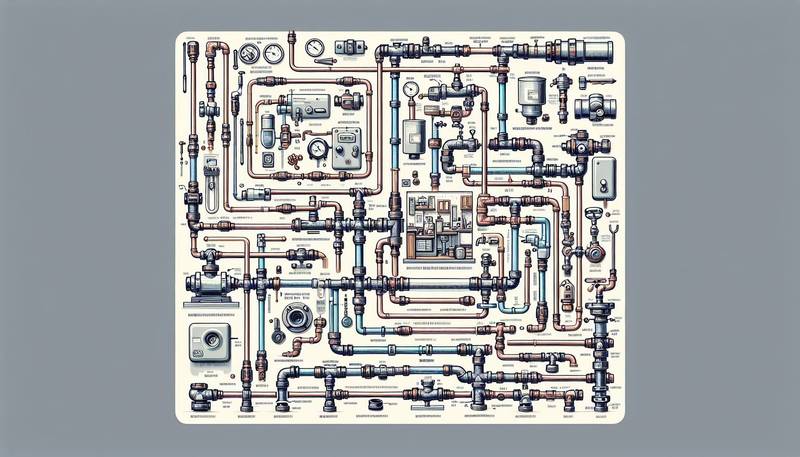DIY Plumbing Repairs: Dos and Don'ts
In this article, we will discuss the dos and don'ts of DIY plumbing repairs to help you avoid costly mistakes and potential disasters.
Know Your Limits
Before you pick up a wrench and start tinkering with your plumbing, it's essential to assess your level of expertise. Some plumbing repairs are relatively straightforward and can be safely completed by a novice DIYer. However, more complex issues require the skills and knowledge of a professional plumber. If you're not confident in your abilities or unsure about the problem at hand, it's best to call in the experts.
Do: Gather the Right Tools
Having the right tools on hand is crucial for any plumbing repair job. Make sure you have a good quality pipe wrench, adjustable wrench, pliers, pipe cutters, Teflon tape, and a plumbing snake or auger. Familiarize yourself with how to use each tool properly before starting any repairs.
Don't: Ignore Safety Precautions
Plumbing repairs can be messy and potentially hazardous if not done correctly. Always wear protective gear such as gloves and safety goggles to prevent injuries. Make sure to turn off the water supply before working on any plumbing fixtures to avoid flooding and water damage. Additionally, be cautious when using power tools near water sources to prevent electrical shocks.
Do: Educate Yourself
Before attempting any plumbing repairs, take the time to educate yourself on the basics of plumbing systems and common issues. There are plenty of online resources, tutorials, and DIY guides that can help you understand the problem and how to fix it. Knowledge is power when it comes to plumbing repairs, so arm yourself with information before getting started.
Don't: Use Incorrect Materials
Using the wrong materials can lead to further damage and costly repairs down the line. Make sure to use the proper type and size of pipes, fittings, and sealants for the job at hand. Using mismatched or subpar materials can result in leaks, clogs, and other plumbing problems that could have been easily avoided.
Do: Start Small
If you're new to DIY plumbing repairs, it's best to start small and work your way up to more complex projects. Fixing a leaky faucet or replacing a showerhead are good beginner tasks that can help you gain confidence and experience. As you become more comfortable with basic repairs, you can gradually tackle more challenging plumbing issues.
Don't: Force It
One of the most common mistakes DIYers make when attempting plumbing repairs is forcing components together. If a pipe or fitting doesn't fit snugly, don't try to muscle it into place. Using excessive force can cause damage to the pipes, fittings, or fixtures, leading to leaks or breakages. Instead, take a step back, reassess the situation, and try a different approach.
Do: Seek Professional Help When Needed
There are times when DIY plumbing repairs are simply not feasible, and it's best to call in a professional plumber. If you're dealing with a complex issue like a major leak, a burst pipe, or a sewer line blockage, it's important to get expert help to prevent further damage and ensure the problem is resolved correctly. Don't hesitate to reach out to a licensed plumber for assistance when necessary.
Conclusion
DIY plumbing repairs can be a rewarding and cost-effective way to maintain your home, but it's important to approach these tasks with caution and knowledge. By following the dos and don'ts outlined in this article, you can increase your chances of success and avoid making common mistakes that could result in costly repairs. Remember to educate yourself, use the right tools and materials, and know when to call in the pros. With the proper precautions and a bit of know-how, you can tackle most plumbing issues with confidence and skill.
